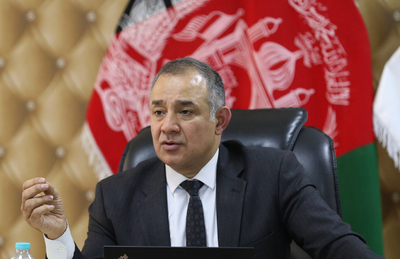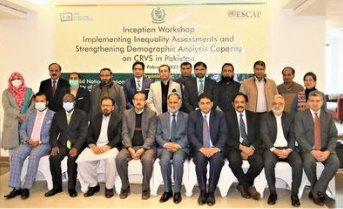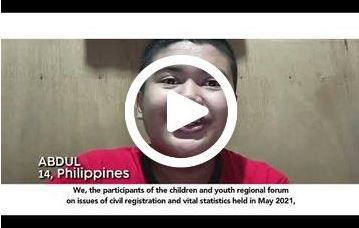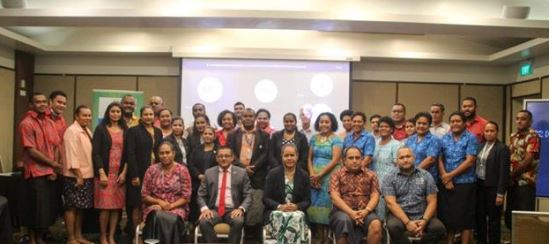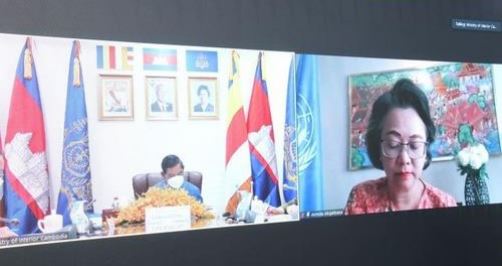(Newsletter: CRVS Insight April 2021)
Each month, our community newsletter puts a spotlight on one person from Asia-Pacific who has gone above and beyond in their efforts to support CRVS programmes, raise awareness of CRVS issues or lead CRVS improvement efforts in their home country. This month we are happy to highlight Mr. Hasibullah Mowahed from Afghanistan.
What is your current title and role?
I am the Deputy Director General for Statistics of National Statistics and Information Authority (NSIA) of Afghanistan. My role at NSIA is managing and supervising statistical directorate such as Field Operation, Economic Statistics, Population and Demographic, National Account, and Social Statistics. Furthermore, since the Afghanistan Central Civil Registration Authority (ACCRA) has also been merged with NSIA, therefore, I also oversee the Civil Registration and Vital Statistics CRVS system in the country.
Can you please share with us a particular experience which highlighted the importance of CRVS to you?
To have accurate statistics, birth and death registration is extremely important. However, In Afghanistan due to lack of public awareness it is challenging. To increase the coverage area of vital registration as well as increase its accuracy, NSIA has made a number of efforts, including collecting data through systems as well as manually. In addition, NSIA is closely working with the Ministry of Public Health to improve its Health Information and Management System (HIMS), so it can register births and deaths, as well as determine the cause of death.
How are you currently involved in CRVS improvements?
For improvement of CRVS system in Afghanistan, we are planning to undertake a number of provisions. Among others, which has also been decided in the NSIA leadership committee upon my proposal, is the mandatory registration of births. Furthermore, we are planning to develop a death registration system including cause of death online registration in Afghanistan. We hope that by implementing these provisions we will be able to have a strong CRVS system in the near future.
How would you like to see CRVS in Afghanistan develop by the end of the CRVS Decade?
Now that NSIA is also responsible to provide National E-ID card, we are planning to bring key changes in the system during the CRVS decade. As part of the improvements, we are planning to develop comprehensive online systems and connect them with the social services, and use the birth certificate for all social services such as school enrolment, accessing health care services for children under the age of 15. This will also encourage families to take birth registration seriously and it will increase dramatically in the CRVS decade.
Which advice would you give to others trying to improve CRVS systems?
In my opinion the most important tools for improving CRVS system are as below: First of all, to have soft infrastructures such as laws and regulations is very important to pave the way for improving of CRVS system. Secondly establishing or improving Management Information Systems within all sectors including public and private sectors and link them with each other is the second important tools for improvement CRVS system. Thirdly, public awareness, advocacy and campaign are other useful tools for improving the system in the country, since without cooperation of the people it will be impossible to improve CRVS system in the country.


